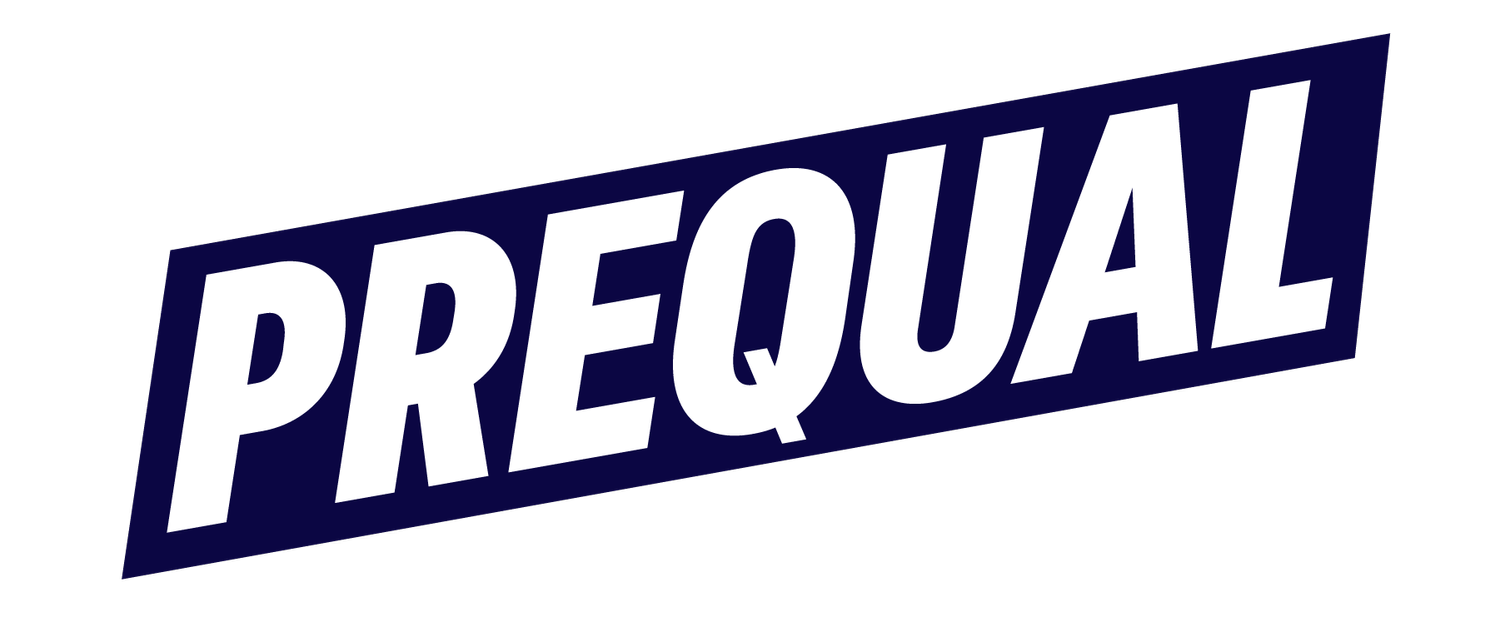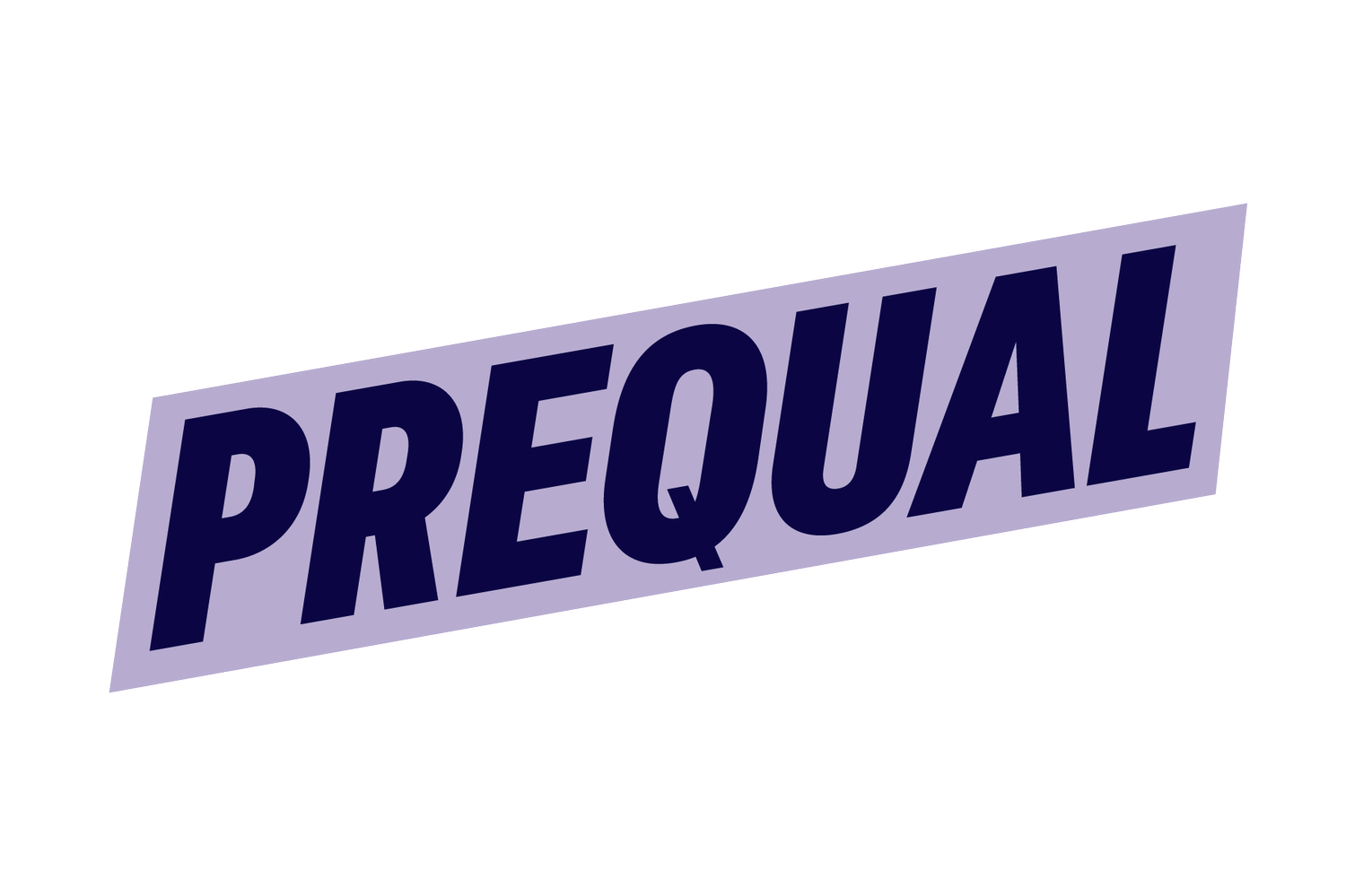You Need Sales to Make More Sales: A Deep Dive Into Why And How Sales Is Freedom
When we were coming up with the title of our signature sales training course, we had some discussion about whether or not the name was grammatically correct. The course is titled Sales Is Freedom™. But should it be Sales Are Freedom? Well, that depends on how you define the word sales.
Sales vs. Sales: One Word, Two Definitions
More commonly, when people hear the word sales in conversation, they’re thinking about purchasing something. Things go “on sale” around the holidays. Stores have Labor Day “sales.” Companies make sales that bolster their bottom line. In all these instances, the term “sales” is used in the most common definition found in the dictionary: “the exchange of a commodity for money.”
At Prequal, we’re not talking about singular or even multiple transactions when we say sales.
How We Define Sales
We’re using the term sales in the all-encompassing business sense of the word. Hubspot has one of the clearest definitions of this form of sales out there. It defines sales as “a term used to describe the activities that lead to the selling of goods or services.”
If you’ve ever sold goods or services, you know the activities that lead to sales are far broader than a singular transaction. They encompass everything from acquiring leads, authenticating and forming relationships, pitching your services, and retaining and treating your clients. It’s a whole ecosystem.
In our Sales Is Freedom™ course, we break down the key components of sales into six categories, what we commonly refer to as our signature 6A Framework:
Articulate your offer
Audit your network
Advance your relationships
Activate your sales
Accelerate the close
Amplify the customer experience
It doesn’t matter if someone is buying a pair of earrings you make or is signing a six-figure contract for your consulting services. Each step above is crucial to the buying process and maximizing your sales skills for increased revenue generation. A full sales experience encompasses how someone finds you (marketing), how and why someone buys from you (sales), and how that relationship grows and becomes more beneficial to all parties involved (client experience).
So, let’s look at each pillar of Prequal’s 6A framework a little more closely so we can get a full picture of sales.
Articulate Your Offer
Before you can sell anything, you need to get clear on what you’re selling and who you’re selling it to. Articulating your offer means you can validate and speak confidently about how valuable your product or service is to your ideal client. We start here because, without this clarity, the sales process gets murky very quickly. If you’re unsure whether your offer is something people will actually purchase, then the remaining steps in the sales process become far more challenging. You have to first be able to talk about what you’re selling before you can start promoting and pitching it to prospects and potential buyers.
Audit Your Network
Many business owners make the mistake of jumping right into marketing activities and tactics when they are trying to increase their revenue. But this route can actually be a waste of time, especially if you have a large network with plenty of strong contacts and growth potential.
When we begin a new client engagement at Prequal, we often use a network audit as our starting point. This audit is a powerful tool that determines where your leads are and establishes a starting point for your ultimate sales strategy. Do you have a sales problem or a marketing problem? Do you need to expand your audience or tap into the audience you already have? Which option is the best use of your time and resources? That’s what a network audit provides: Your starting point and your most straightforward and quickest path to new revenue.
Advance Your Relationships
If your network is strong and you have relationships with potential, you want to advance them. The relationship-building phase is where you will spend the most time and effort. That’s because we believe that sales is intentional, informed, and client-focused, making this phase and the work you do here extremely impactful to revenue generation.
Are you wondering how to tell when your leads are ready to be sold to? And how can you nurture the leads that aren’t ready yet? You should be. It’s a large part of successful selling and the sales process.
We know it takes 7-14 “touchpoints” to qualify a lead, which means you need to be spending enough time with your contacts to build authentic relationships. Building authentic relationships in sales is so important. That relationship will inform how you can add true value - solving a problem or advancing an opportunity – for your clients and prospects. The more you know about your contacts and prospects, the better you can evaluate them using seven lead qualifiers to determine if they’re “ready” for the sale.
Have you ever felt icky or salesy when trying to sell your services? If so, it’s likely you didn’t spend enough time advancing the relationship before making the ask.
Activate Your Sales
When people think of sales, this is often the step that comes to mind. It’s when you pitch your services and make the ask. But notice, so much went into selling before we even got here. But now that we’re here, let’s talk about how you can activate your sales.
In the same way, you use tools, strategy, and intention to cultivate your relationships, there are similar actions for navigating the sales conversation. When you’re approaching and pitching a sales conversation, there are a few things to consider if you want it to lead to profitable outcomes:
The psychology behind these conversations and how you should approach them based on the perspective of the buyer and seller
How best to pitch to qualified prospects and ways to start that conversation
How to actually conduct this conversation with confidence and ease (yes, a sales conversation can be easy)
Ways to navigate and overcome sales objections that commonly pop up during these conversations – and they will
This step in the sales process is all about framing your approach so you can conduct strategic sales conversations without getting derailed by objections. Because when that happens, you’re ready to seal the deal and accelerate the close.
Accelerate The Close
You can have the best conversation with a prospect, but the moment money enters the conversation, a pleasant discussion can rapidly become awkward. That is why closing the deal is its own separate step in the sales process. When we talk about accelerating the close, we’re really talking about getting comfortable talking about money, how you package and price your services, and how to have this conversation naturally.
Nothing can derail or tank a sales conversation quicker than bringing up money before all parties are prepared to discuss financials, or when the person trying to close the sale gets visibly nervous when talking about pricing. You need to be confident in your pricing and know when it’s time to naturally transition to the close in order to master this step of the sales process and accelerate the close.
Amplify The Customer Experience
Your prospect has said yes, they’ve signed the paperwork, and you’ve popped champagne to celebrate this latest sale. But guess what? That’s not the end, far from it. You got the sale; now it’s time to wow the customer.
The old adage that your next best client is one you already have is valid. It’s so much easier to get sales from someone who’s already bought from you than it is to go out and find someone new. That’s why this part of the sales process cannot be overlooked. It’s also why you need a good client relationship map.
A good customer experience will do two very important things: It will provide you with clients who are ready to sing your praises (and provide great referrals, feedback, and testimonials) and clients who are primed to buy more of what you’re selling. That’s why amplifying the customer experience is about way more than sending a well-timed Starbucks gift card.
Why Sales Is Freedom
You can now see how these elements are far more critical and useful than focusing on making a singular sale. If done right, the entire sales process – or, as we like to call it, sales – is what leads to more growth, more opportunities, and, ultimately, more freedom. And that's what you want, right? That’s what we want for you.
You can have the most amazing product and provide the most amazing service, but if you’re not confident in your sales skills, it won’t matter. You can’t have a business without customers or clients, and you can’t have customers and clients without sales. Sales skills are your insurance. Sales is the thing that helps you chart your own course, find reliable and profitable sources of income, and create a sustainable, long-term business or profitable career.
If we’ve convinced you that sales skills are the thing that will help your business grow, please go check out our course to learn more about the 6A Framework and how you can make more money through effective, strategic selling. Because individual sales are great, but sales is freedom.


